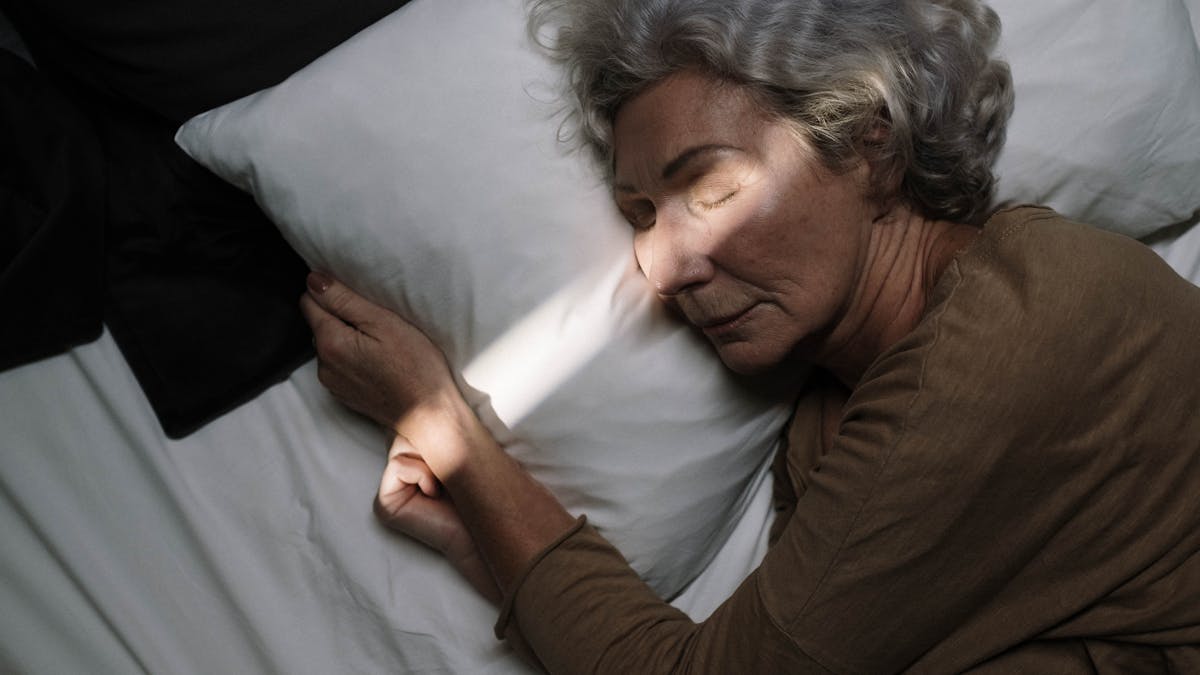
7 Tips for a Better Night’s Rest
The National Institute on Health recommends adults get at least seven hours of sleep per night. Your body’s critical systems use rest to repair itself and drain toxins for better health. Understanding sleep’s importance in our daily lives is one thing, but implementing changes to prioritize sleep can often be challenging.
7 Tips for a Better Night’s Rest
If you or an aging loved one struggles with waking up refreshed or even has trouble falling asleep, the following tips from the Sleep Foundation can help you get a better night’s sleep.
1. Keep A Consistent Sleep Schedule
Going to bed and waking up at the same time each day may seem restrictive. However, this routine can help your internal clock align with regular sleeping patterns. If you have to, set an alarm to remind yourself to get ready for bed so you can hit the pillow on time.
2. Reduce Distractions
One of the biggest reasons it’s difficult for many to fall asleep is the stimulation that’s within reach with smartphones. To prioritize sleep, shut your phone off before you get ready for bed or place it upside down on your nightstand so the screen doesn’t light up and prompt you to check it. You can also limit phone usage in the morning to prompt yourself to get out of bed.
3. No Food or Drink Before Bed
Late-night snacking is the bane of a good night’s rest. Stop all food or liquid intake two or three hours before you sleep. This limitation also includes alcohol and nicotine.
4. Stick to Your Exercise Routine
Movement and physical fitness can help your body sweat out toxins and exhaust your muscles. Stick to your daily exercise routine to improve your physical fitness and sleep patterns. Just remember to keep your workouts scheduled several hours before you go to bed, not right before.
5. Limit Electronic Use
Smartphones are only one of many electronics we interact with daily. Limiting electronic usage before bed can also look like turning off the TV an hour before sleep. If you surf the internet before catching a few winks, limit your screen time to help improve your rest.
6. Restrict Naps
A few naps can hurt your ability to sleep on a regular schedule. If you must nap, stick to 20-minute naps that occur as infrequently as possible. Transitioning to a no-nap day may be challenging at first, but your body will thank you with a peaceful night’s rest.
7. Talk With Your Doctor
If, despite making several changes to your sleep schedule, you still can’t seem to hit the pillow and wake up feeling renewed, chat with your doctor. Bring up any concerns or recurring issues you may have. Your physician can help you rule out any causes or recommend a sleep study.
Visiting Angels Toms River: Sweet Dreams For Seniors
Sleep remains critical in maintaining a healthy lifestyle. Visiting Angels Toms River caregivers can help seniors prioritize sleep, among many other healthy habits. We also offer the following resources for a healthier, more fulfilling life:
- Dental Health Tips for Seniors
- 6 Daily Habits That Are Good for the Brain
- The Best Shoes for Seniors
- Health Conditions That Can Be Detected During Routine Eye Exams
- Heart Disease Symptoms to Watch for in Seniors
If you’d like to learn more about how Visiting Angels Toms River caregivers can help you or an aging loved one, contact us for a free consultation. Our care staff are happy to craft a customized care plan for your needs to help you age in place and remain independent. We also offer respite care services to give family caregivers the need to catch up on their own Zs.
